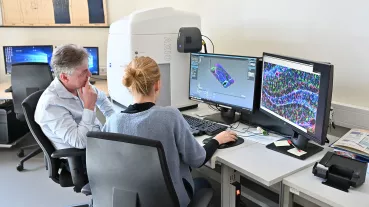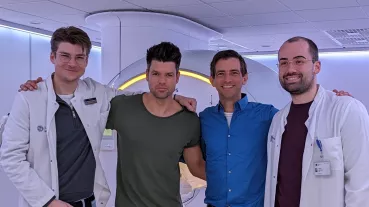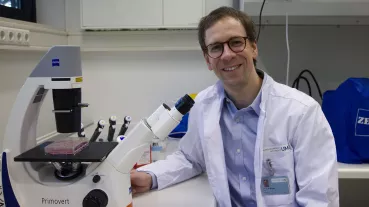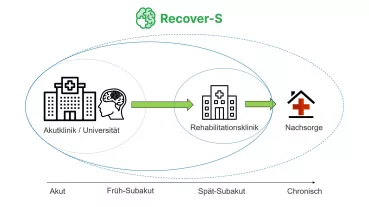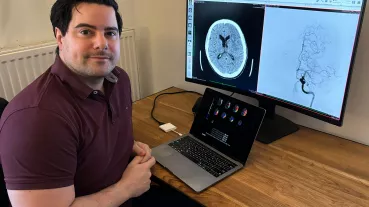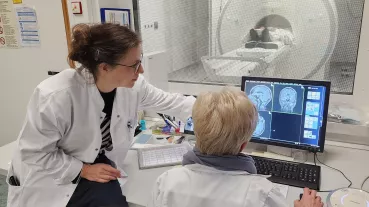Pathophysiology of the complex regional pain syndrom (CRPS) and effect of an innovative therapeutic approach
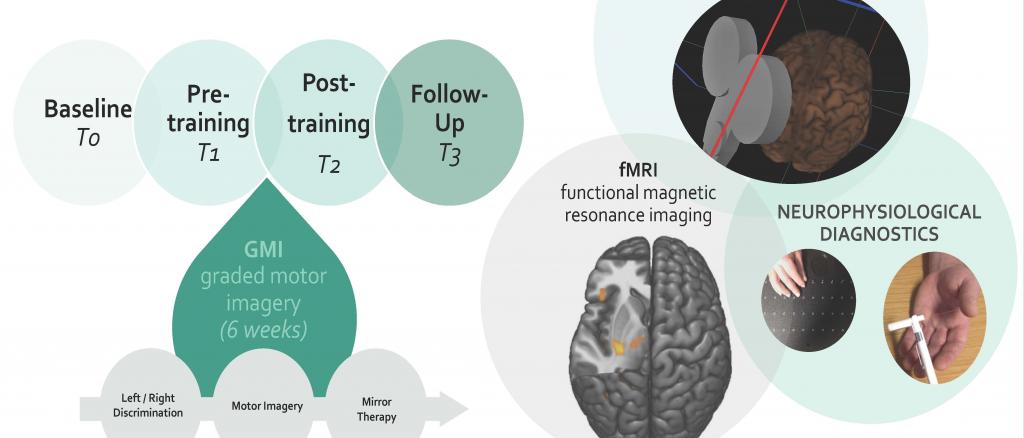
The complex regional pain syndrome (CRPS) affects about every twelfth patient after severe injuries of the upper extremities. In addition to chronic neuropathic pain sensory and motor deficits occur in the affected hand resulting in great reduction of personal quality of life. Based on recent research results, a purely local peripheral genesis of CRPS seems rather unlikely. It is assumed that pathologic changes also occur in the brains of these patients.
This study is a basic scientific work to investigate the underlying mechanism of a behavioural training, which has already shown good therapeutic effects in chronic CRPS. We are not only interested in the clinical effects of the approach but also the neurophysiological changes in the patients due to the training. Therefore we assess sensorimotor function of the hand, pain level at rest and in movement, as well as neurophysiological parameters suggesting changes in the brain (measured by transcranial magnetic stimulation and functional magnetic resonance imaging). The applied training is a behavioural intervention called Graded Motor Imagery (GMI) which is a graded repetitive approach over a period of 6 weeks.
The aim of this investigation is to assess the effects of the GMI-training on peripheral and central pathophysiological impairments and following to understand the underlying neuronal mechanisms of CRPS and central neuropathic pain in general.
Here you can get further information.
